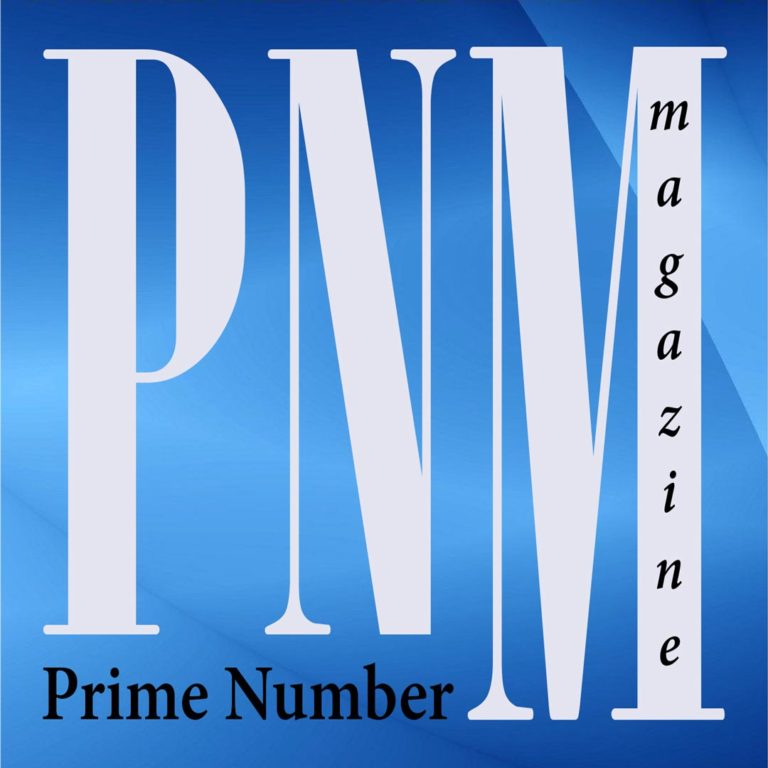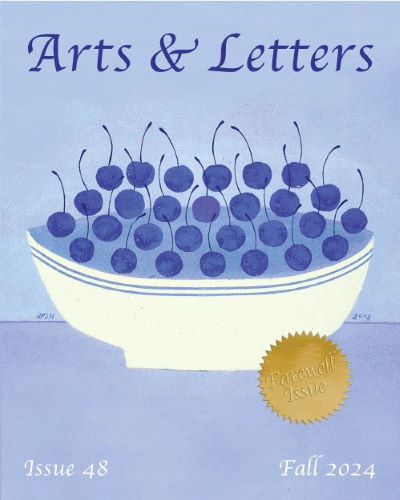Compose – Fall 2013
Compose has a wide variety of writing to enjoy from fiction, to nonfiction, to poetry, to a couple of features. The artists conjure up images of a widow-bearing tequila bottle that sits on the kitchen table, mermaids that “swim the high school pool,” mussels and clams and a bonfire, “Lint from your best-loved old jumper / sprinkled with grains from your childhood / sandbox,” and 26 tea lights in memory of those lost in the Sandy Hook shooting.
Compose has a wide variety of writing to enjoy from fiction, to nonfiction, to poetry, to a couple of features. The artists conjure up images of a widow-bearing tequila bottle that sits on the kitchen table, mermaids that “swim the high school pool,” mussels and clams and a bonfire, “Lint from your best-loved old jumper / sprinkled with grains from your childhood / sandbox,” and 26 tea lights in memory of those lost in the Sandy Hook shooting.
Lori Horvitz’s “Little Pink Hatchling” is the coming-of-age story of a twenty-something in New York City, battling a relationship with a boyfriend who could have treated her better. Yet, it is him that leaves and her that is left behind feeling alone and scared, not to mention annoyed by the pigeons that are relentless in building a nest on her window ledge. The end uses the common symbolism of the baby birds taking off to fly, but the image of the falling nest is what drives the story home.
In “Hot, Hot, Heat,” Keith J. Powell writes a fictional piece about the perceived world from global warming, starting out:
Our gooses were cooked. Our ducks and our swans, too. And not just our waterfowl either, it was all the birds, even the canaries . . . The air had become too blistering for them to fly, the water too piping for them to swim, and so the birds, either too stubborn or too proud to go without their plumage, baked in their feathers right there on the pavement, done in by their own vanity and the heat.
In an interview by Debra Eve, author Marion Roach Smith discusses her time management skills for writing. She says that you can’t quit your life to become a writer, but you have to incorporate time in each day to write, but she also says that spending time doing practices isn’t going to get you anywhere:
Morning pages and exercises and prompts are like playing against a tennis pro who hits every shot to you. You think you’ve got it nailed and then you try to play with somebody else and you can’t get a game going. So pick your form. Learn your form. Master your form. Write your form.
I appreciate the variety that Compose offers, but I also appreciate a very unique part to the site: the blog. It isn’t the typical journal blog that announces updates, but instead it takes an inside look at individual pieces that were published in the issue where you get to see the inspiration the author had for the piece. And with the quantity of quality writing here, it’s hard to believe this is only Compose’s second issue.
[composejournal.com]






